7 Not-So-Typical Museums to Visit in Paris
Not your typical Parisian museum
Summary
This article is part of our France travel series — get the inside scoop on the best cities to visit France for food, history, and culture.
Not quite a museum person? Well, maybe it's because you just haven't found your type of museum. There are so many museums in Paris — and it's really not just the Louvre. The city of light is a treasure trove of wonderful museums that are not quite your typical museum. Why not check out some of these gems, and maybe, you'll change your mind about museums.
The Sewer Museum of Paris
Ever wondered what lies beneath the beautiful city of Paris? Well, the Sewer Museum of Paris has the answers you seek! The museum gives you a glimpse of the underground sewer system that has been a vital part of the city since the 14th century. And to make the experience even more immersive, bulk of the museum is actually underground!
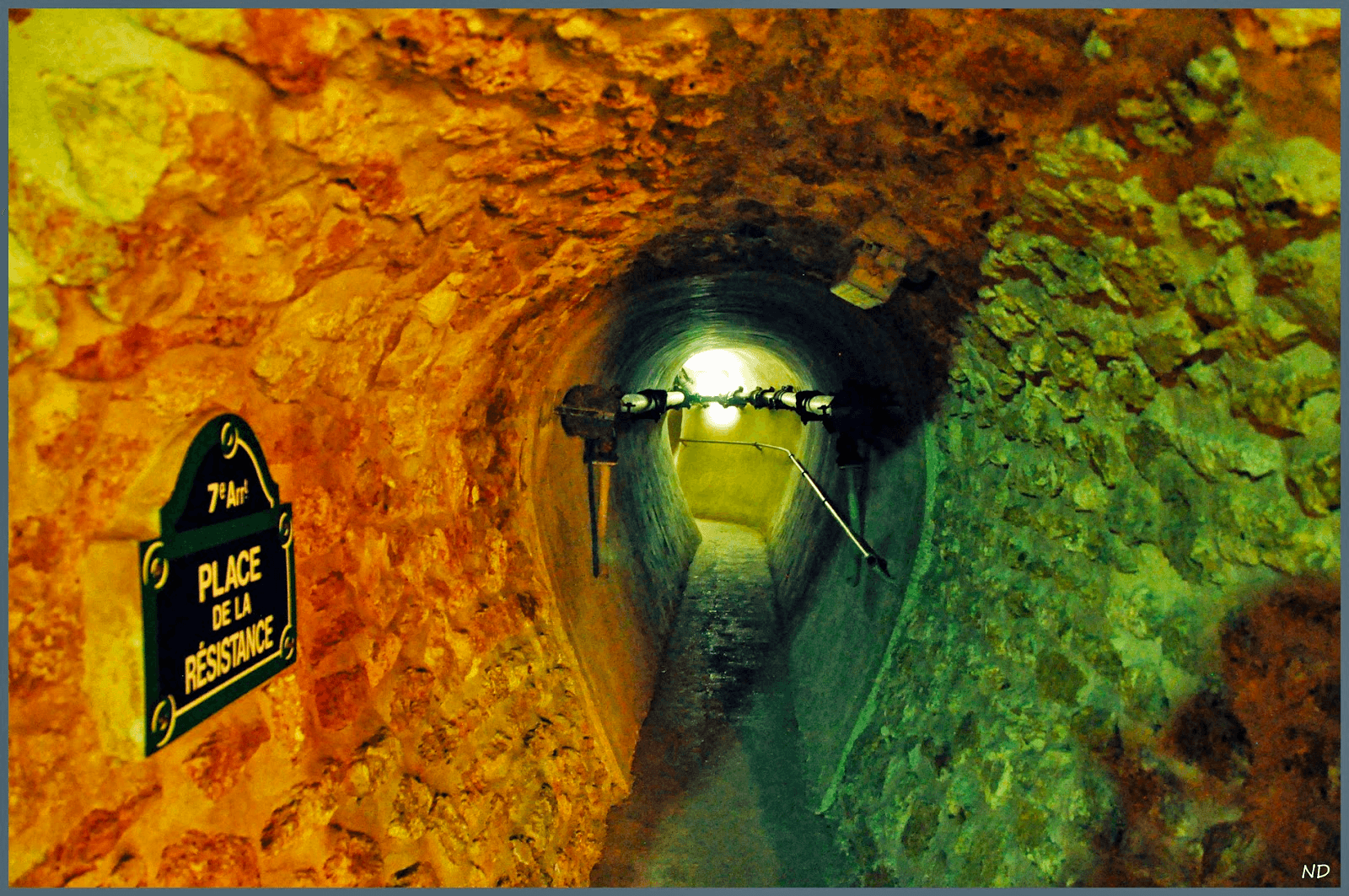
The museum highlights the history, construction, and maintenance of the sewers and their role in the city's sanitation system. Visitors can explore the underground tunnels and learn about the challenges faced by the workers who maintain the sewer system. The museum also showcases the innovative engineering techniques that were used to create the sewer system and the improvements that have been made over the years.
The Sewer Museum might not be the most glamorous attraction in Paris, but it's definitely not your typical museum!
🗺️ Address: Esplanade Habib Bourguiba, Pont de l'Alma, 75007 Paris, France
🕤 Opening Hours: 10am to 5pm from Tuesday to Sunday (last admission 4pm), closed Monday
Musée des Arts Forains
Possibly one of the most entertaining museums in Paris, the Musée des Arts Forains (Fairground Museum) is a fascinating museum that explores the history and culture of carnivals around the world. The museum showcases a unique collection of objects from fairgrounds of the 19th and 20th centuries.
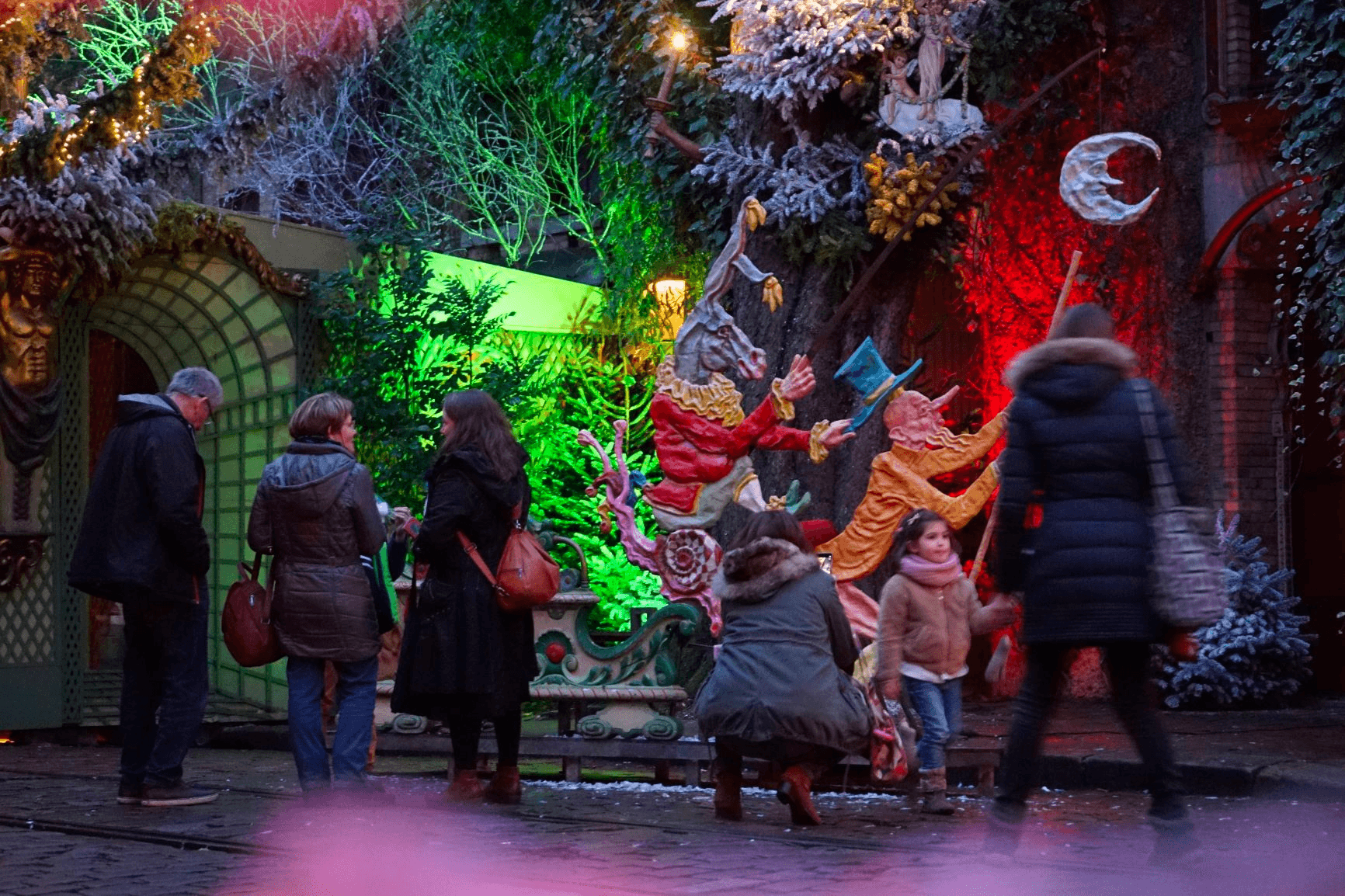
Travel back in time and soak in nostalgia as you look at these familiar objects that once filled the fairgrounds and brought so much joy to visitors. In the museum, you will see old merry-go-rounds, carousels, games, rides, and stalls — but they are not just old rides on display. The museum is known for its atmospheric, immersive staging, and many of the displays are interactive, and visitors can ride on antique carousels or play vintage fairground games.
The museum also hosts events, including performances and demonstrations, that recreate the atmosphere of a historic fairground. The colorful exhibitions and interactive displays make the museum a fun and educational place for all visitors. Because, really, who doesn't love carnivals?
🗺️ Address: 53 av des Terroirs de France, 75012 Paris
The Museum of Hunting and Nature
The Museum of Hunting and Nature is a private museum that explores the relationship between humans and nature, particularly hunting. The museum showcases an extensive collection of hunting artifacts, including weapons, trophies, and taxidermy animals. The museum aims to educate visitors on the history and traditions of hunting, as well as the importance of conservation and sustainable hunting practices.
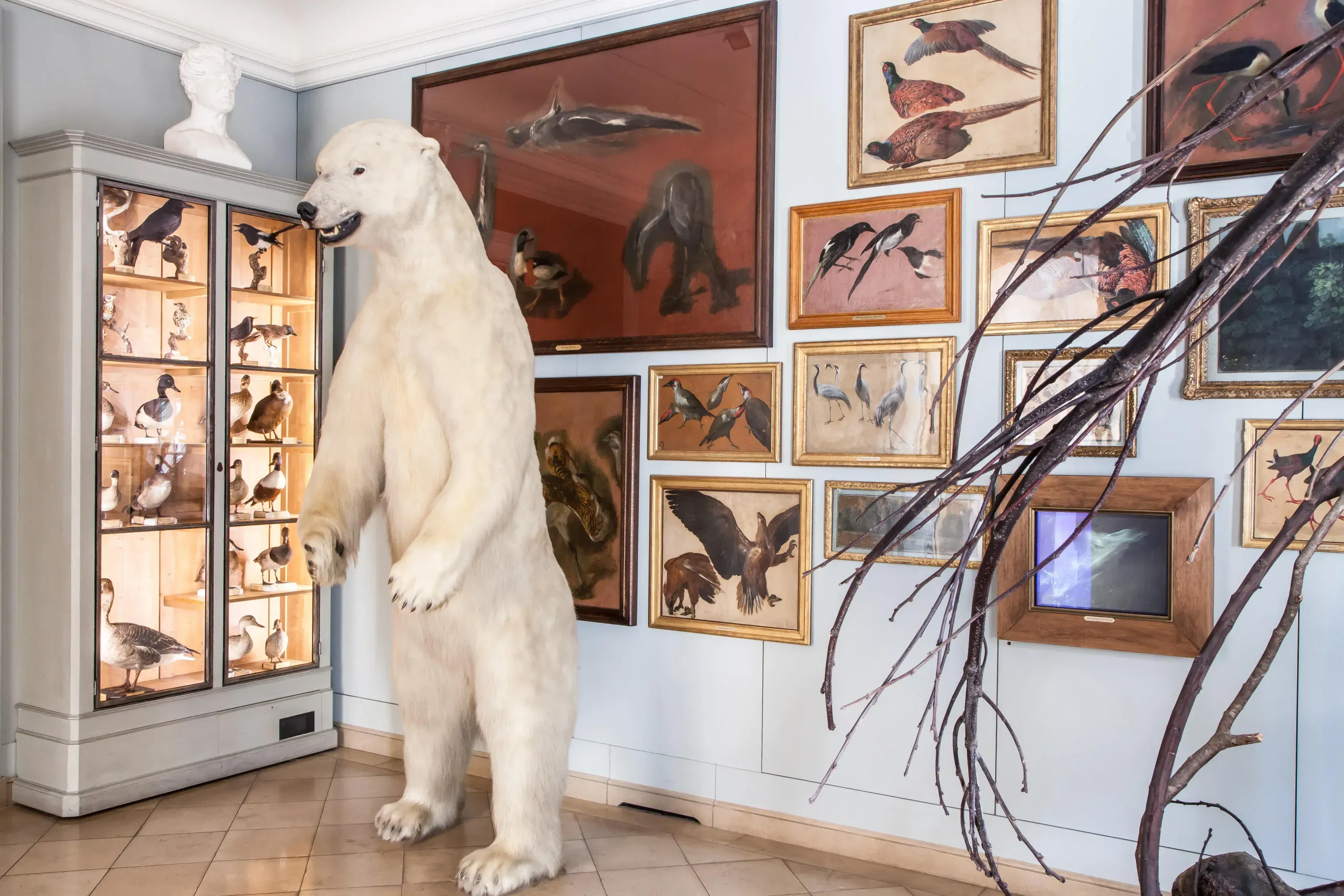
Its collections are wide-ranging and include paintings, sculptures, tapestries, artifacts, and taxidermy (stuffed animals) specimens spanning across time and culture. The collections are displayed in rooms each of which focuses on a particular theme related to hunting, nature, or a specific animal. And throughout the museum, the displays challenge the traditional distinction between 'fine arts' and 'natural history'.
🗺️ Address: 62 Rue des Archives, 75003 Paris, France
🕤 Opening Hours: 11am to 6pm on Tuesday to Sunday, closed on Monday and holidays
The Museum of the Police Prefecture
The The Musée de la Préfecture de Police, or the Museum of the Police Prefecture, is a museum that offers a behind-the-scenes and history on law enforcement in Paris. Children and teenagers who aspire to work in the police force will be fascinated by the museum.
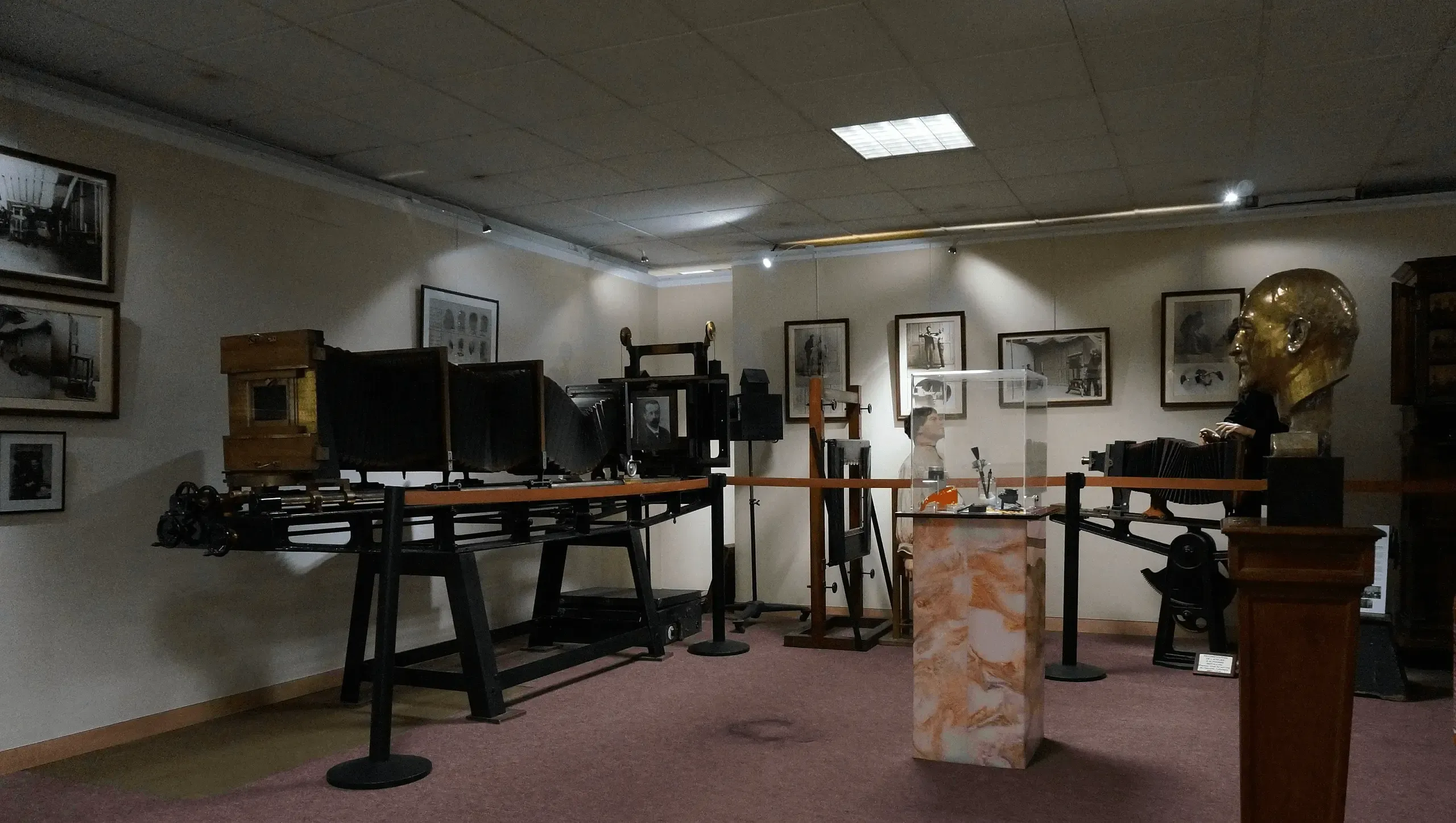
The collections span from the 17th century to the present day, showcasing a variety of items that tell the story of crime, law enforcement, and justice in Paris. The exhibits include historical documents, uniforms, weapons, forensic evidence, and other police equipment. Visitors can also see photographs, letters, and other artifacts related to famous criminal cases and historical events.
The museum is free to visit but advanced reservations are required.
🗺️ Address: 4 Rue de la Montagne Ste Geneviève, 75005 Paris, France
🕤 Opening Hours: 9.30am - 5pm on Tuesday, Wednesday, Friday; 9.30am - 7pm on Thursday; 10.30am - 5.30pm on the first and third Saturdays of each month; closed Monday, Saturday, Sunday
The Chocolate Museum
Chocolate lovers behold! Le Musée Gourmand du Chocolat, also known as Choco-Story Paris, is a museum dedicated to the history of chocolate. Located in the 10th arrondissement of Paris, France, this museum provides visitors an insight into the 4,000-year history of cocoa and chocolate.
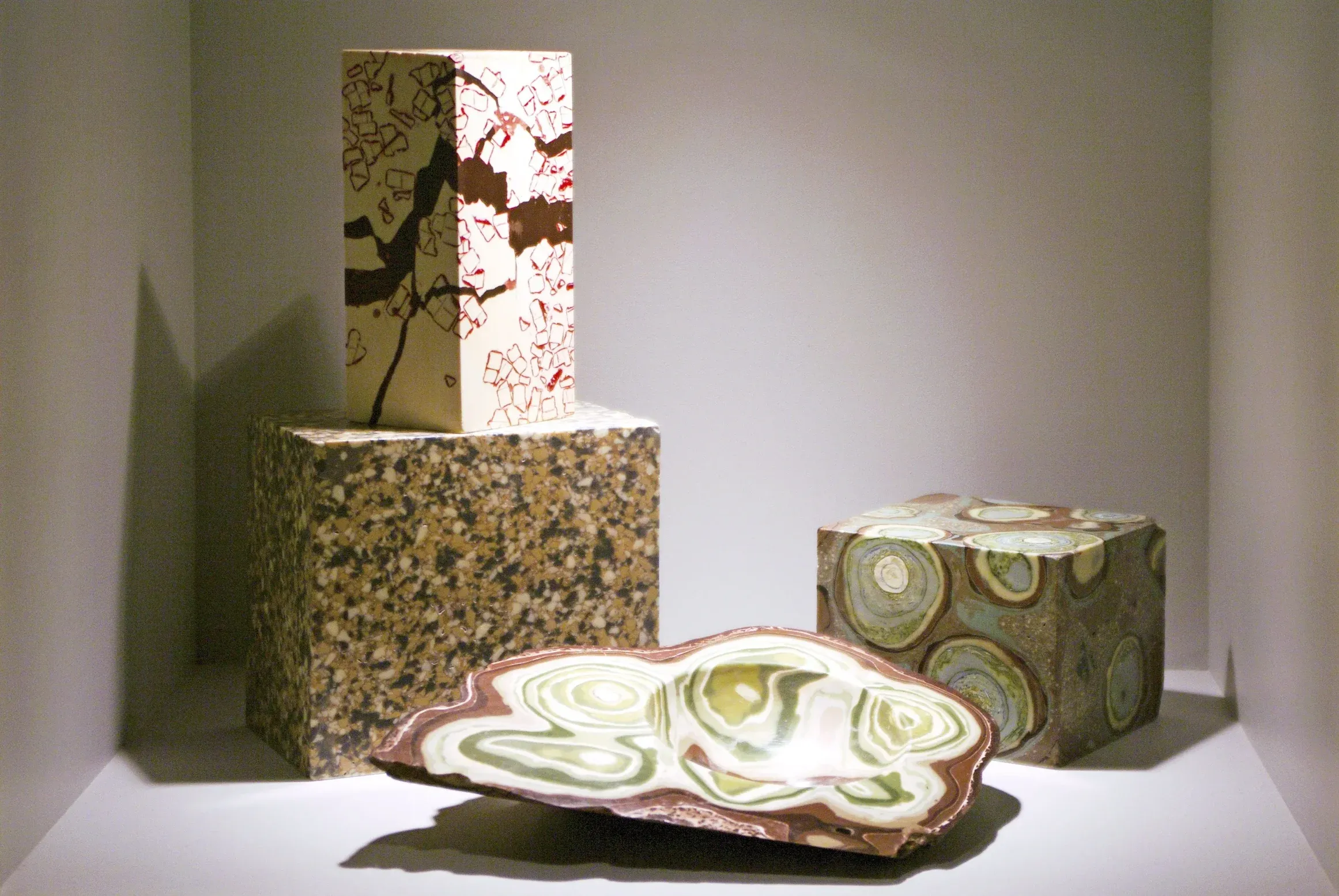
Of course, you will be able to read and see artifacts that tell the story of chocolate, from its origins and uses in the ancient civilizations of Central America, to its arrival in Europe and its modern production and consumption. You will also get to see pre-Columbian pottery, antique chocolate-making equipment, and also impressive chocolate sculptures. But it's really not all just about seeing. You will even get to taste a variety of fresh chocolates, and even get your hands dirty and learn to make your own chocolate treats!
Note that advanced reservations are required if you would like to take part in the chocolate-making workshop.
🗺️ Address: 28 Boulevard de Bonne Nouvelle, 75010 Paris
🕤 Opening Hours: 10am - 6pm daily, last admission at 5pm
The Catacombs of Paris
The Catacombs of Paris are a network of underground tunnels that were used as an ossuary to house the remains of over six millions of Parisians. The catacombs are renowned for their long, winding tunnels and the carefully arranged stacks of bones and skulls, which often form decorative walls and arrangements. The underground cemetery became a curiosity for more privileged Parisians from their creation, an early example of dark tourism. Today, visitors can walk through the tunnels and view the historical arrangements of bones. Eerie? Maybe. Interesting? Definitely.
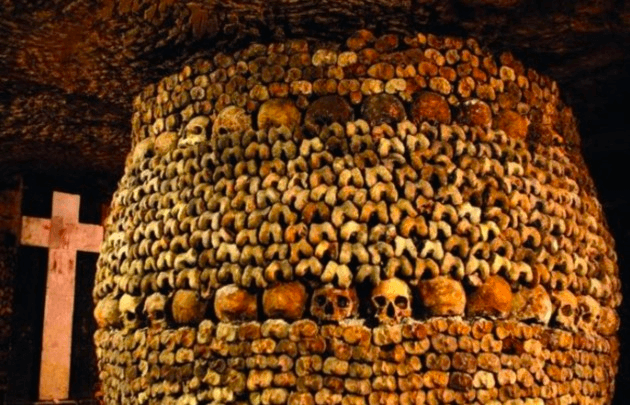
The construction of the catacombs began in the late 18th century when it was decided to close and evacuate some cemeteries, which had then been a source of disease due to unsanitary conditions. The bones were transferred to the disused Tombe-Issoire quarries during 1786-1788. The site was consecrated as the "Paris Municipal Ossuary" on April 7, 1786, and, from that time forward, took on the mythical name of "Catacombs" in reference to the Roman catacombs.
🗺️ Address: 1 avenue du Colonel Henri Rol-Tanguy - 75014 Paris
🕤 Opening Hours: 10am - 8.30pm from Tuesday to Sunday. Closed on Monday.
The Museum of the History of Medicine
Opened in 1955, the Museum of the History of Medicine, or Musée d'Histoire de la Médecine, is home to some of the oldest medical history collections in Europe. The museum showcases items highlighting the evolution of medical practices and equipment. From antique surgical instruments to anatomical models, it is a treasure trove of information for anyone interested in the history of medicine.
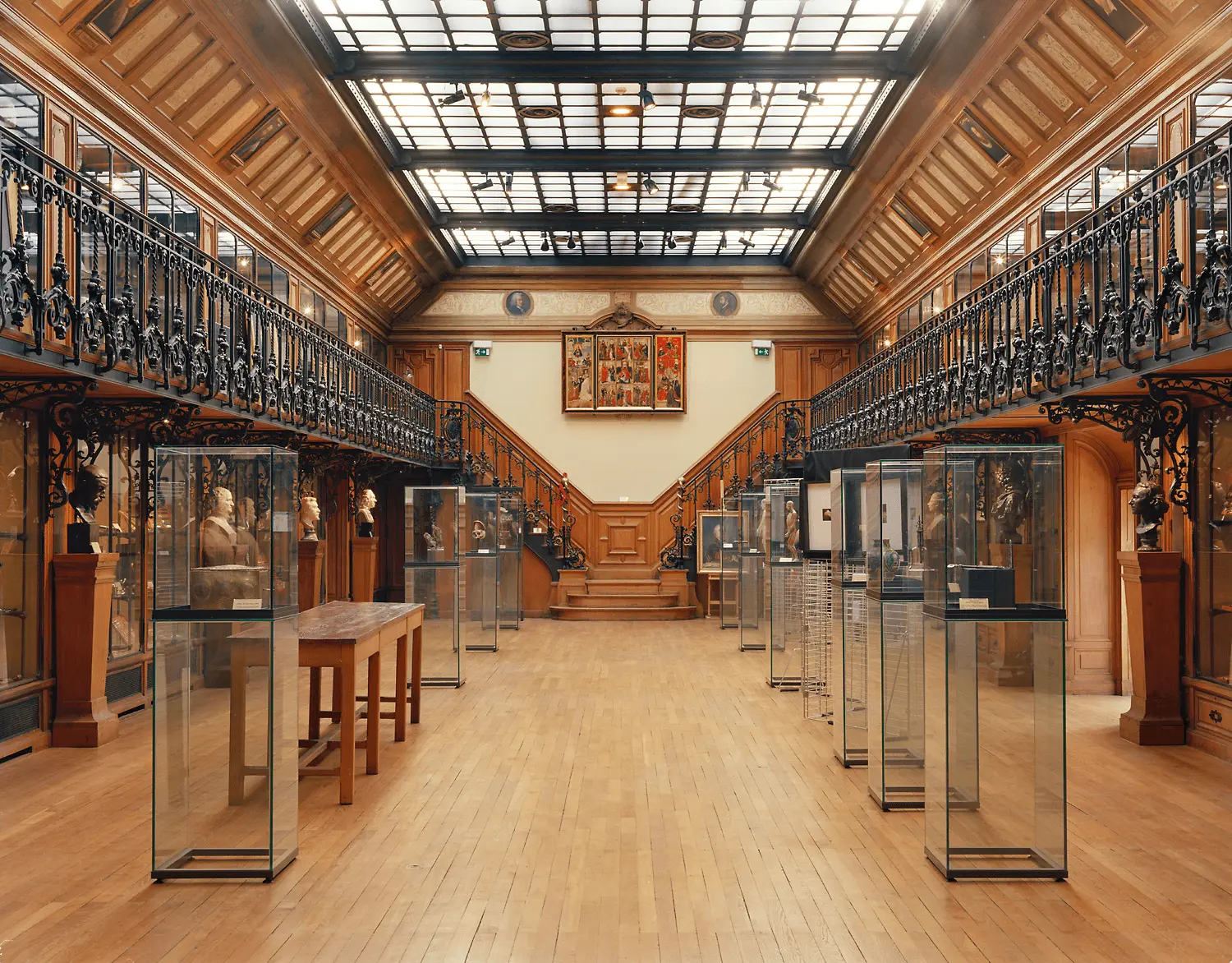
Highlights of the collection include an anatomical Venus (a life-sized, anatomically correct model of a human used for medical education), a birthing chair from the 18th century, a range of surgical tools, and even the infamous guillotine's blade. The museum also houses a number of unique historical items such as the tools of Dr. Antommarchi, who performed the autopsy on Napoleon Bonaparte.
🗺️ Address: Université Paris Descartes - 12 rue de l'École de Médecine, 75006 Paris
🕤 Opening Hours: 2pm - 5.30pm on Monday, Tuesday, Wednesday, Friday and Saturday; closed Thursday and Sunday